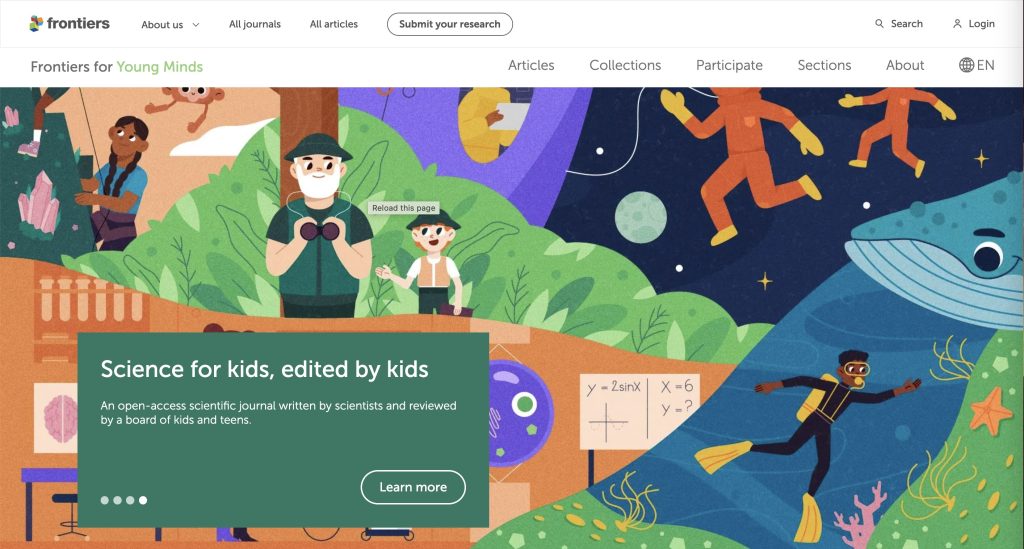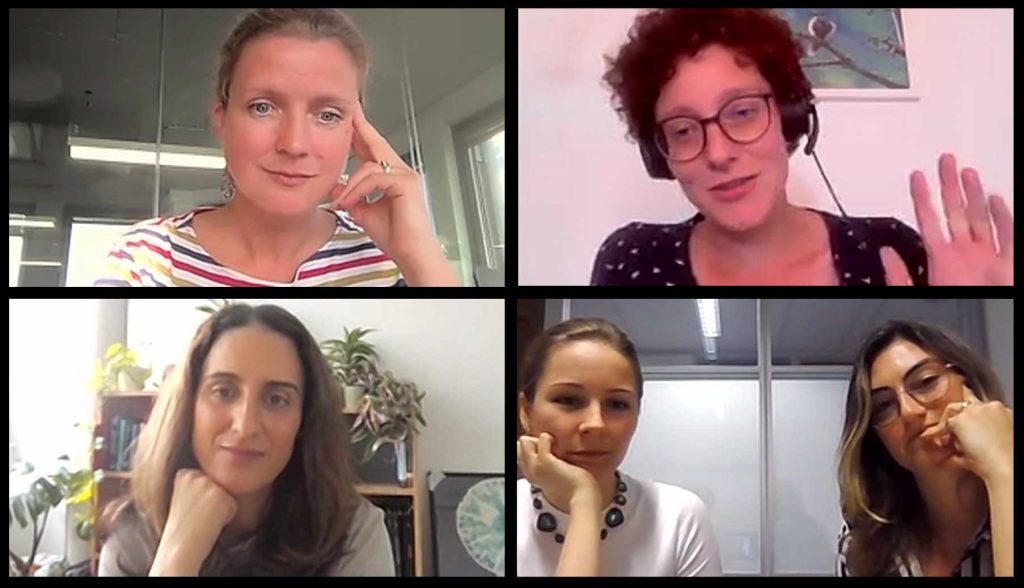The OEGlobal Marshal Mike S. Smith fund is dedicated to continuing the legacy of open education advocate Marshall “Mike” S. Smith.
On 1st May 2023, Marshall “Mike” S. Smith died at his home in Palo Alto at 85 years old. Mike Smith was a staunch believer in and instigator of open education.

“At the heart of the movement toward open educational resources is the simple and powerful idea that the world’s knowledge is a public good and that technology in general and the Worldwide Web, in particular, provide an extraordinary opportunity for everyone to share, use, and reuse it. OER are the parts of that knowledge that comprise the fundamental components of education: content and tools for teaching, learning, and knowledge development. OER materials provide users with the intellectual capital to help understand and use all of the Web’s content.”
The Promise of Open Education Resources, by Marshall “Mike” Smith with Cathy Casserly (2006) for The Wiliam and Flora Hewlett Foundation.
Open Education Global (OEGlobal) staff are saddened by the news of Mike’s passing. He leaves an inspiring legacy in his dedication to global open education. At OEGlobal, we are honored to be one of the custodians of his ongoing legacy – his family has dedicated all proceeds donated to the Mike Smith fund under the stewardship of OE Global.
The newly instigated Marshal Mike S. Smith Fund received US $3,000 in donations, with a generous donation matching gift from the Hewlett Foundation. The Mike Smith Fund will assist with open education development and growth over 2024 and beyond. News of its use will be shared via the Open Education Global Newsletter (subscribe here). You can still donate to his legacy by clicking the donate button below.
OEGlobal was honored to work with Mike Smith from the organization’s inception (as the Open Courseware Consortium). This foundational relationship is evident in his keynote speech at the 2013 Bali Conference: “Castles in the Sand: New Directions for OCW C” (watch it here).
Through his open education policy work, our staff and board members enjoyed working directly with him. OEGlobal Board member and one-time Hewlett Foundation colleague Cathy Casserly wrote, “Mike understood the transformative power of this simple idea of sharing benefits all, and his wildest dreams for OER have been, and continue to be realized. […] Let me thank Mike on behalf of all the beneficiaries of OER. Mike, Godfather of OER, job well done, rest in peace.”
Called a “renaissance man,” Mike was dedicated to renewing and revitalizing education. Throughout his 6-decade education career, he held influential positions in several federal administrations, served as a professor and dean at esteemed research universities, and worked in philanthropy.
He was one of the pioneering advocates for open education as a resource, practice, and policy and was instrumental in the sector’s growth and development. This open education work began during his role as the Director of Education at the Hewlett Foundation.
Before that, he had been a senior adviser to U.S. Secretary of Education, Arne Duncan, in the Barack Obama administration, Under Secretary to the Department of Education, and also as the Department of Education’s Director of International Affairs. He was also the Dean of Stanford Graduate School of Education (GSE) (1986 – 1993), elected to the National Academy of Education and the American Academy of Arts and Sciences. He was active in the American Educational Research Association, a fellow at the Center for Advanced Study in the Behavioral Sciences, and a visiting scholar at the Carnegie Foundation for the Advancement of Teaching.
Beyond his work in Open Education, he is credited with developing the concept of standards-based education reform, which ties K-12 curriculum, assessment, and teacher preparation to standards set at the state level. Between 1995 and 2005, Smith was named one of the top ten most influential figures in American education by Education Week. He received the first Harvard Graduate School of Education Medal for Education Impact in 2010.
A memorial was held for Mike Marshall S. Smith in Washington, DC, on Nov 2. He is survived by his wife, Nicki; their children, Adam (Elizabeth), Jennifer (Kevin), Matthew (Carolina), and Megan (Matthew); and grandchildren, Emma (Thomas), Mira, Zoey, Isadora, Elena, and Lucas, his great-grandchild, River, and was predeceased by a beloved grandson, Samuel. They have the condolences and gratitude of the OEGlobal staff and members of the Board.
Share Your Experience of Mike Smith in OEG Connect
Mike Smith was involved in education for 6-decades, 12 years of which were dedicated to open education. Please feel free to share your stories of Mike or your thoughts on his legacy.


